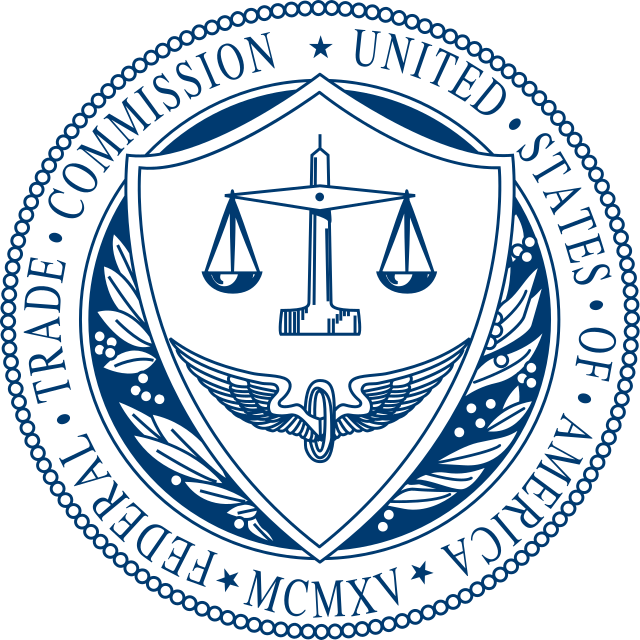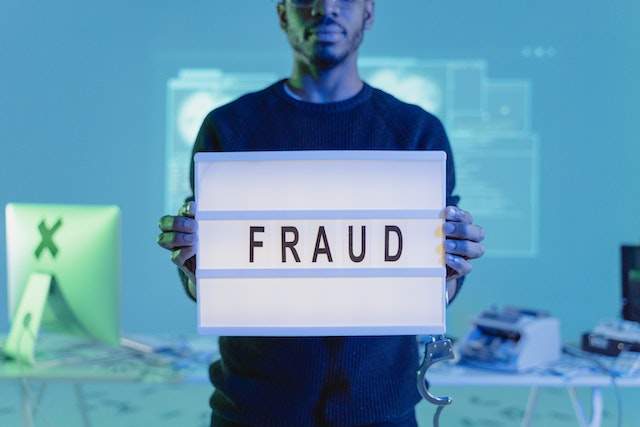Security against fraud
Protect yourself and loved ones from getting scammed!
Fraud and associated financial scams continue to make headlines. At Consumers, we have a dedicated team looking out for your best interests, but there are a lot of ways to protect yourself, starting with education.
Fraud Articles & Podcasts Recently Reported Scams
Yes, that four-digit code to complete credit/debit purchases or used at an ATM—we never need to know that. (You might also take care to shield the keys whenever you type in your PIN.)
This is the three-digit code on the back of your debit or credit card you sometimes enter for online purchases.
If you have multi-factor or two-factor authentication set up (and, yes, it’s a good idea) on your device and/or for Online Banking, we will never request the code prompts from you—either on the phone, by text or on a website.
Your username or password. Nope, never. If you’ve forgotten either, you can reset it without our assistance.
We know your account number since we assigned it to you. We don’t need to ask you for the whole thing.
Again, we know your card numbers and won’t have you verify the full string back to us.
Some smartphone features could leave you vulnerable
Read how using smartphone voice search and virtual assistant technology apps to look up and dial phone numbers could put you at risk for scams.
Several folks have reported getting a text message from an email address starting with consumers.credit.union.activity… stating a debit card is reaching its limit or in other cases a card is blocked. These are fraud. Please do not call or click on any links and block the sender.
Consumers does text members for things like payment reminders and instances of suspicious activity on cards (members need only respond “Y”/”N”, no links).
Fraud text scenarios
1.) Text message reporting suspicious transactions includes a case ID# and messaging indicating a fraud representative will call. The fraudster is likely trying to validate your phone number in doing this and/or load a digital wallet.
2.) You receive a text with an authentication code with a mysterious link to click if you didn’t “request” the code, which, of course, you didn’t.
Reports of an automated call mimicked from our 800# have been sent regarding a pending transaction for a charge from a merchant. While on the phone, the fraudster prompts a text code to appear on the cell phone for the person to enter on their phone.
In this scenario, the fraudster is likely trying to match your credit card # with your phone number to validate purchases and/or load your information into a digital wallet.
Cyber criminals have developed a way to install malware and/or monitoring software onto devices plugged into public phone charging stations in places like airports or malls. This malware could lead to a breach of your personal and/or financial data. Plugging your phone into a public charging station can be just as dangerous as clicking on a link within a phishing email.


For the latest reported scams nationwide and to learn what to do if you fall victim to a scam, the Federal Trade Commission has a really helpful site for consumers.

Don’t forget, as a Consumers member you qualify for Mastercard®‘s free ID Theft Protection™ program that can help monitor card activity for potential fraud.
Fraud on credit or debit cards
If a transaction has posted to your account without your authorization, you may dispute it through Consumers Credit Union.
Before you begin a dispute, ensure the transaction is unauthorized. Some merchants’ names may appear differently in the transaction history.
Once you have started the dispute process, we will research your claim by contacting the merchant. We may need to speak with you during the process to ask clarifying questions.
Debit Card, Credit Card, ACH and Check Disputes – You may visit an office or call our Member Service Center at 800.991.2221.
Credit Card disputes can also be made within Online Banking:
- Log in to Online Banking. On your main dashboard, click View Account on the credit card tile.
- Under the Activity tab, click on the transaction that is suspicious.
- In the expanded transaction window, click Dispute.
- Follow the on-screen prompts.
If your credit card is lost or stolen, please visit an office or call our Member Service Center at 800.991.2221.
To temporarily lock your credit card in Online Banking:
- Log in to Online Banking.
- On your main dashboard, click View Account on the credit card tile.
- Click the Card Services tab.
- Near the credit card image, move the toggle to the right to lock your card.
To request a new credit card:
- Give us a call at 800.991.2221 or stop by one of our locations.
You have the convenience to manage your credit cards from within Online Banking so you can monitor if any unusual activity occurs on your account.
You can manage turning your credit card on/off, blocking international usage, enabling transaction controls, setting spending limits, and filing a dispute.











